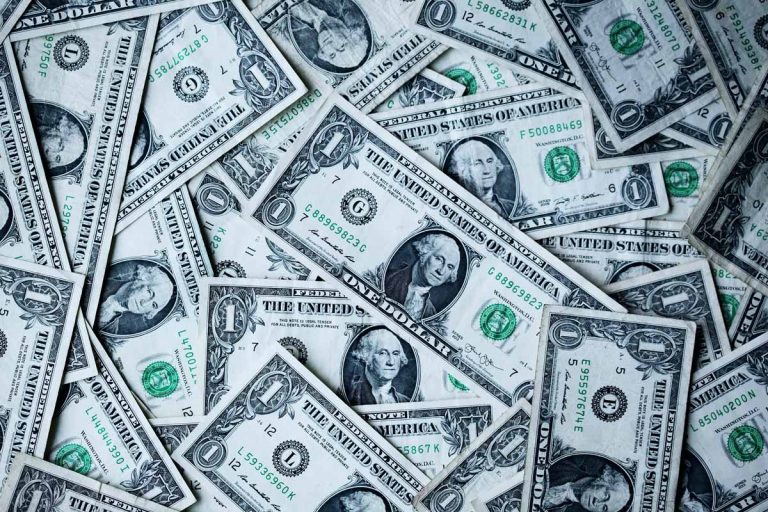Jeff Bezos to resign as Amazon chief executive (and make more money elsewhere)

Amazon founder Jeff Bezos is to step down as chief executive of the e-commerce giant that he started in his garage nearly 30 years ago. He announced that he will instead become executive chairman, a move he said would give him “time and energy” to focus on his other ventures. Which ventures exactly?
The world’s richest man will be replaced by Andy Jassy, chief executive of Amazon Web Services, the company’s fast-growing cloud computing business. The change will take place in the second half of 2021, the company said on Tuesday 2 February.
The news came as a surprise for many as Amazon released its latest financial results. Few companies have thrived like Amazon during the COVID-19 pandemic, and in the last three months of 2020, the company recorded sales of more than $100 billion for the first time.
Although Amazon started as an online bookshop in 1994, it now employs 1.3 million people globally and has its hand in everything from package delivery and streaming video to cloud services and ‘fashion’. According to Forbes’ list of billionaires, over the years, Bezos amassed a fortune of $196.2 billion, making him the world’s richest man—although Elon Musk knocked him off the top spot several times this year before falling back again.
So why is Bezos stepping down now?
As his fortune increased, so did his public profile. Bezos went through a public divorce with MacKenzie Scott, became a target for labour and inequality activists (for good reasons), and poured his wealth into other businesses such as space exploration firm Blue Origin and The Washington Post newspaper.
When you’re that rich, imagine what you can do outside of Amazon. Understandably, Bezos has some pretty lofty ambitions, from conquering space to saving the planet. First, his Blue Origin company wants to “build a road to space.” He’s also sunk $10 billion into Earth Fund, designed to help combat the effects of climate change.
How will Amazon cope without Jeff Bezos?
Do not be fooled by Amazon. Jeff Bezos is still in a position of immense power as Executive Chair.
— Public Citizen (@Public_Citizen) February 2, 2021
This abusive, predatory monopoly still needs a complete overhaul:
-Break up Amazon
-Pay Amazon workers a living wage
-Guarantee workers safe & healthy working conditions
Technically, he’s not leaving. As executive chair and founder, Bezos will still exercise huge power over the company. Yes, stepping back will inevitably mean less influence but his replacement Andy Jassy has long been seen as Bezos’s heir apparent.
According to The Guardian, Amazon Web Services (AWS)—which provides cloud computing and storage for governments and companies including McDonald’s and Netflix—has become “one of the company’s most important businesses, accounting for 10 per cent of sales in the last quarter and 52 per cent of the company’s profits.”
What’s next for Bezos?
In his letter, Bezos said he’ll use his new free time to focus on The Day One Fund, the $2 billion fund he established in 2018 aimed at opening full-scholarship, Montessori-influenced preschools in underserved communities and funding nonprofits that support homeless families.
He also said he’ll work some more on the Bezos Earth Fund to combat climate change by issuing grants to “scientists, activists, NGOs—any effort that offers a real possibility to help preserve and protect the natural world,” Bezos said.
Blue Origin, his private spaceflight company, is developing rockets for commercial space tourism that he hinted could help NASA take humans to the Moon. Bezos will also dedicate more time to The Washington Post, which he purchased for $250 million in 2013, and helped to expand its digital presence and ramp up revenue.
But don’t be fooled, Bezos is not done making an impact on Amazon. In other words, as the US-based consumer rights activist group Public Citizen said, “this abusive, predatory monopoly still needs a complete overhaul.”





